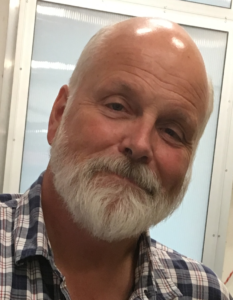 | David Gow is a researcher in the Department of Neurology at the Massachusetts General Hospital with research and teaching appointments at the Harvard Medical School (Instructor), Salem State University (Professor of Psychology), the Athinoula A. Martinos Center for Biomedical Imaging, and the Harvard University Speech and Hearing Bioscience and Technology Program. He has a long-standing interest in how linguistic-constraints, perceptual processes and acoustic-phonetic structure shape language processing, and in turn language itself. Frustrated with the limits of inference based on behavioral and mainstream neural measures, he worked to create an alternative approach to discovering the functional architecture of cognitive processes by developing a functional neuroanatomical model of lexical representation (link to dual lexicon paper section), and a high spatiotemporal resolution processing stream for the data-driven recovery of directed connectivity in (link to GPS section) rapidly evolving, large distributed processing networks. His current work introduces neural decoding techniques(link to decoding section) to the mix to characterize the contrasts captured by neural representations in the individual brain regions that comprise those networks. David completed a B.A. in Psychology at Tufts University, an M.A. in Linguistics and Cognitive Science at Brandeis University, and a Ph.D. in Psychology at Harvard University. He was also a McDonnell Pew Post-Doctoral Fellow in Cognitive Neuroscience at the Massachusetts General Hospital and completed a second post-doctoral fellowship at the Research Laboratory of Electronics at MIT. When he is not teaching or doing research, he can often be found playing fiddle tunes, swimming in ridiculously cold open water, or cooking for family and friends. He is also active as a board member of the oldest school for people with dyslexia .His TEDx talk gives a brief overview of some of his work, and the inspiration for doing it |
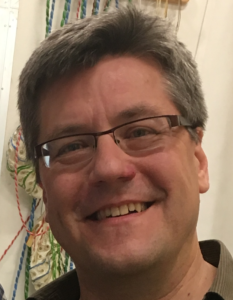 | Dr. Ahlfors' research concerns spatiotemporal imaging of human brain function. He has applied integrated magnetoencephalography (MEG), electroencephalography (EEG), and functional magnetic resonance imaging (fMRI) to studies of cortical processing of visual information, including contrast patterns and visual motion. His research involves development of techniques for the analysis of multimodal biomedical imaging data, in particular, for the use of fMRI data to inform the source estimation (inverse problem) of MEG and EEG. Currently, he is studying theoretical characteristics of the sensitivity of MEG and EEG sensor arrays and the cancellation of signals when multiple brain areas are active simultaneously. I am applying the source estimation methods to experimental data in collaboration with several researches how are using MEG/EEG/fMRI to study cognitive functions in normal and clinical populations, including dyslexia and obsessive-compulsive disorder. |
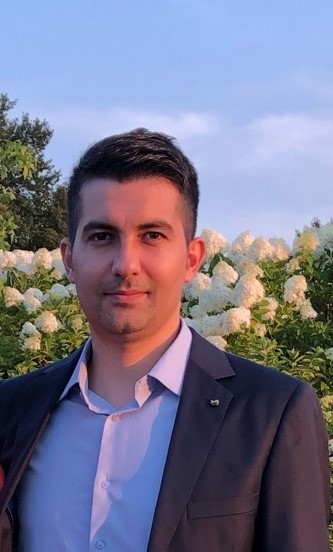 | Dr. Avcu holds a PhD in Linguistics from the University of Delaware focusing on understanding the neural correlates of phonological computations we do on our way to meaning. The goal of his research program is to understand the neural correlates of phonological computations that give rise to the complex combinatorics underlying human languages. These phonological computations must ultimately be integrated into complete cognitive neuroscience of language that links abstract mathematical grammars to real-time theories of word parsing and ultimately to biologically plausible neural computations. His research explores the predictions that these phonological computations make at all levels of analysis (grammar, word parsing, neurolinguistics, and learning), and leverages multiple tools from experimental psychology and cognitive neuroscience (EEG/ERPs, MEG, MRI) to test these predictions -- an approach sometimes called laboratory phonology. For more information on Dr. Avcu's work, visit his webpage here: http://www.enesavc.com/ |
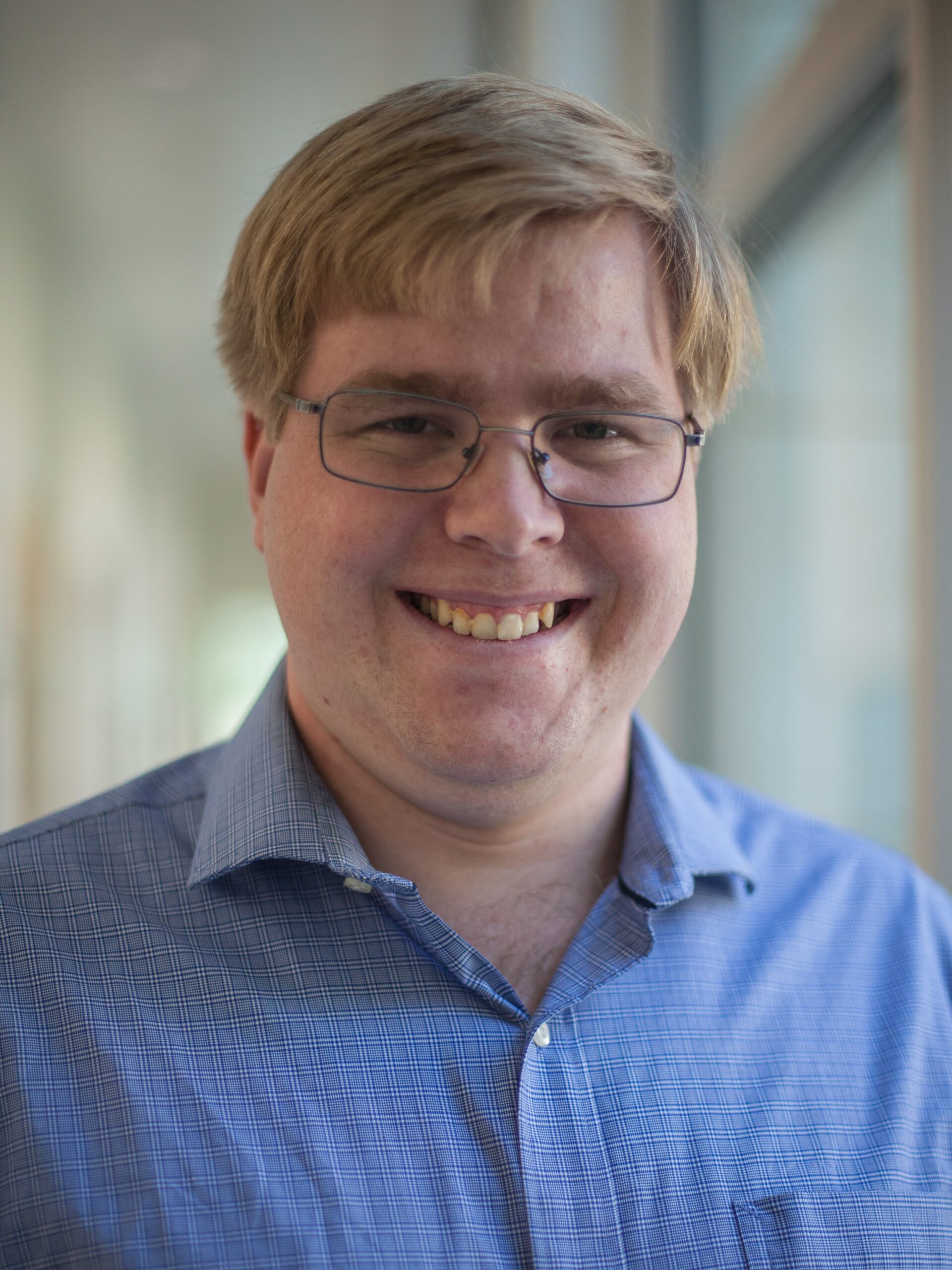 | David Sorensen is a current PhD student in the Speech and Hearing Bioscience and Technology program at Harvard University doing a rotation in the lab. He completed his BS and MS in Neuroscience at Brigham Young University in the lab of David McPherson. His work at BYU included leading the efforts to conduct the first simultaneous EEG/fMRI experiment at BYU. David's research interests include auditory processing and advanced multimodal neuroimaging approaches to better understand brain activity. David is excited to learn how the Gow lab approaches advanced and complex analyses of brain data to contribute to the understanding of how the brain responds to complex auditory stimuli. |
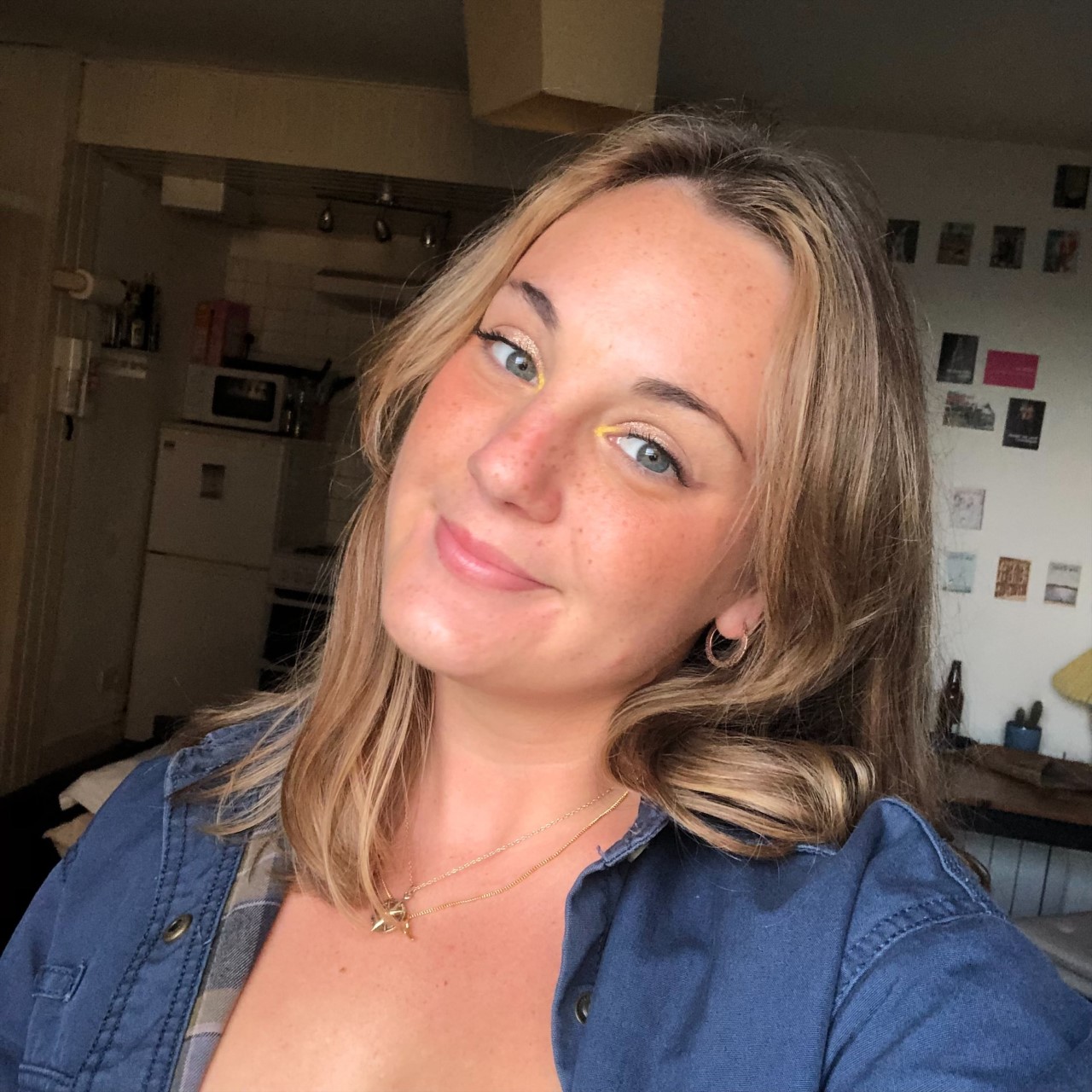 | Skyla Lynch graduated from Boston University with a Bachelor's in Neuroscience. She was previously in the Computational Neuroscience Vision Lab and the Poly-substance Use Drug Lab at her university. Her main areas of interest are biophysical models of neurodegenerative diseases. She aspires to get her PhD in Neuroscience in the future. |
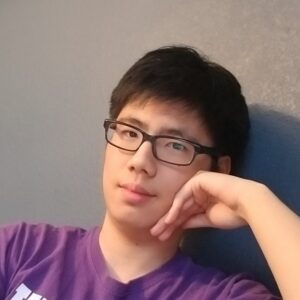 | Michael is a senior at Harvard College concentrating in Computer Science and Mathematics. He is interested in Machine Learning and Deep Learning. He is working with the Gow lab on a project where computational pressures behind the functional specialization of the brain are investigated. |

